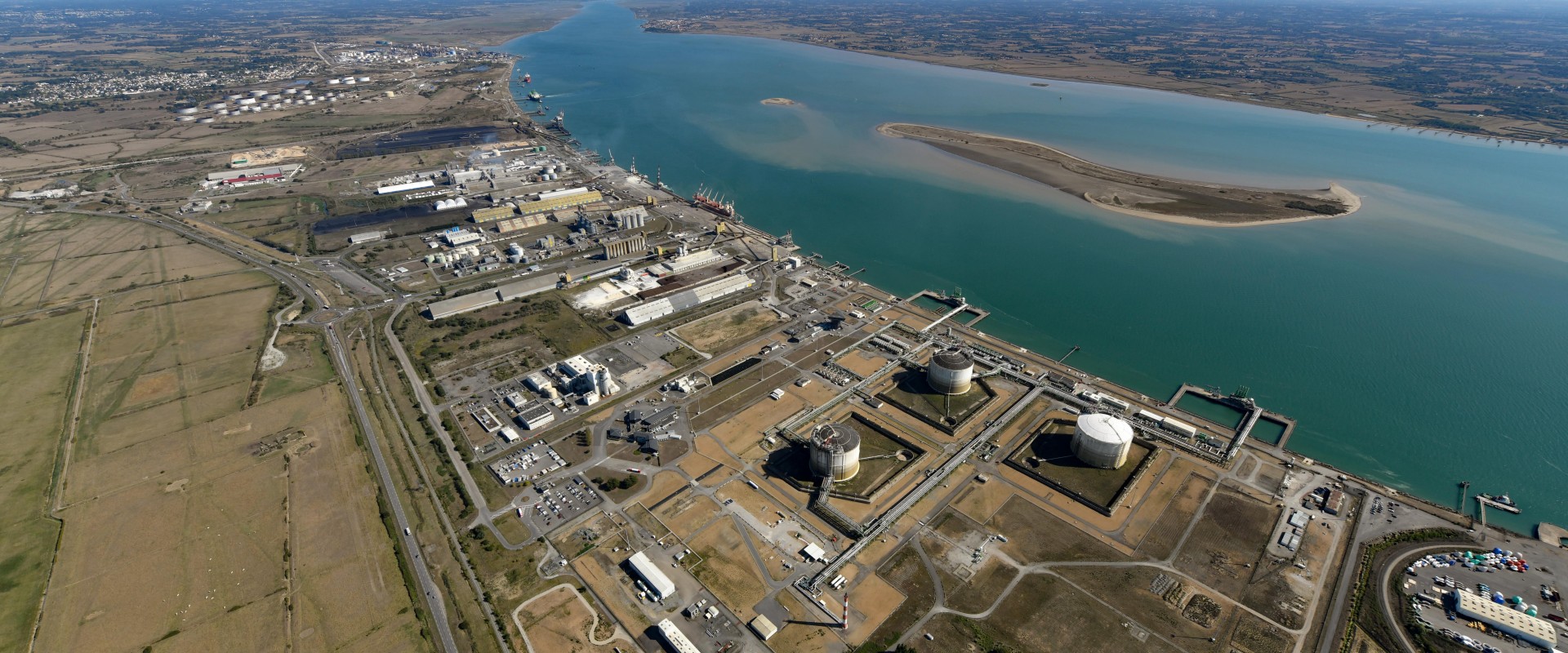
Nantes ‒ Saint Nazaire Port Lays Its Foundations
The production and use of hydrogen constitute an essential step in the decarbonization process at Nantes ‒ Saint Nazaire Port. While this sector is at a less advanced stage than the offshore wind power sector, it is developing a structure, and the first large-scale projects should be fully operational by the end of the decade.
Given its role as an energy port, Nantes ‒ Saint Nazaire Port could not let the hydrogen train pass by. Work has already started within the industrial and port activity zone on a number of projects, some of which form a part of the Loire Estuary Decarbonization programme.
The first, initiated by Nantes ‒ Saint Nazaire Port via a call for expressions of interest (CEI), relates to the creation of a facility for the production of hydrogen from renewable energy sources. Lhyfe, a pioneer in the production of "green" hydrogen in the Pays de la Loire Region, submitted the winning proposal following that CEI, and is planning on producing 85 tonnes of hydrogen a day, a volume which could find outlets locally or further afield.
Meanwhile, the EDF Group is also backing locally produced hydrogen. With Take Kair, the operator is intending to combine the CO2 produced at a Holcim cement works in the Department of Mayenne with locally sourced hydrogen, to create synthetic kerosene.
Connection to the European Hydrogen Backbone
At Donges, the TotalEnergies facility is part of the major European call for proposals aiming to acquire 500 000 tonnes of green hydrogen a year in order to decarbonize its refining activities. For its part, TGO, the operator of the Montoir de Bretagne general cargo and container terminal, is studying the possibility of adapting some of its handling equipment to run on hydrogen.
"Nantes ‒ Saint Nazaire Port has to become a hydrogen hub," observes Ludovic Bocquier, Head of the Energy Sector Business Unit. "That will involve the creation of a terminal to handle imports, but also a connection to the future European Hydrogen Backbone, a subject which we are currently working on with gas transportation network manager GRTgaz."